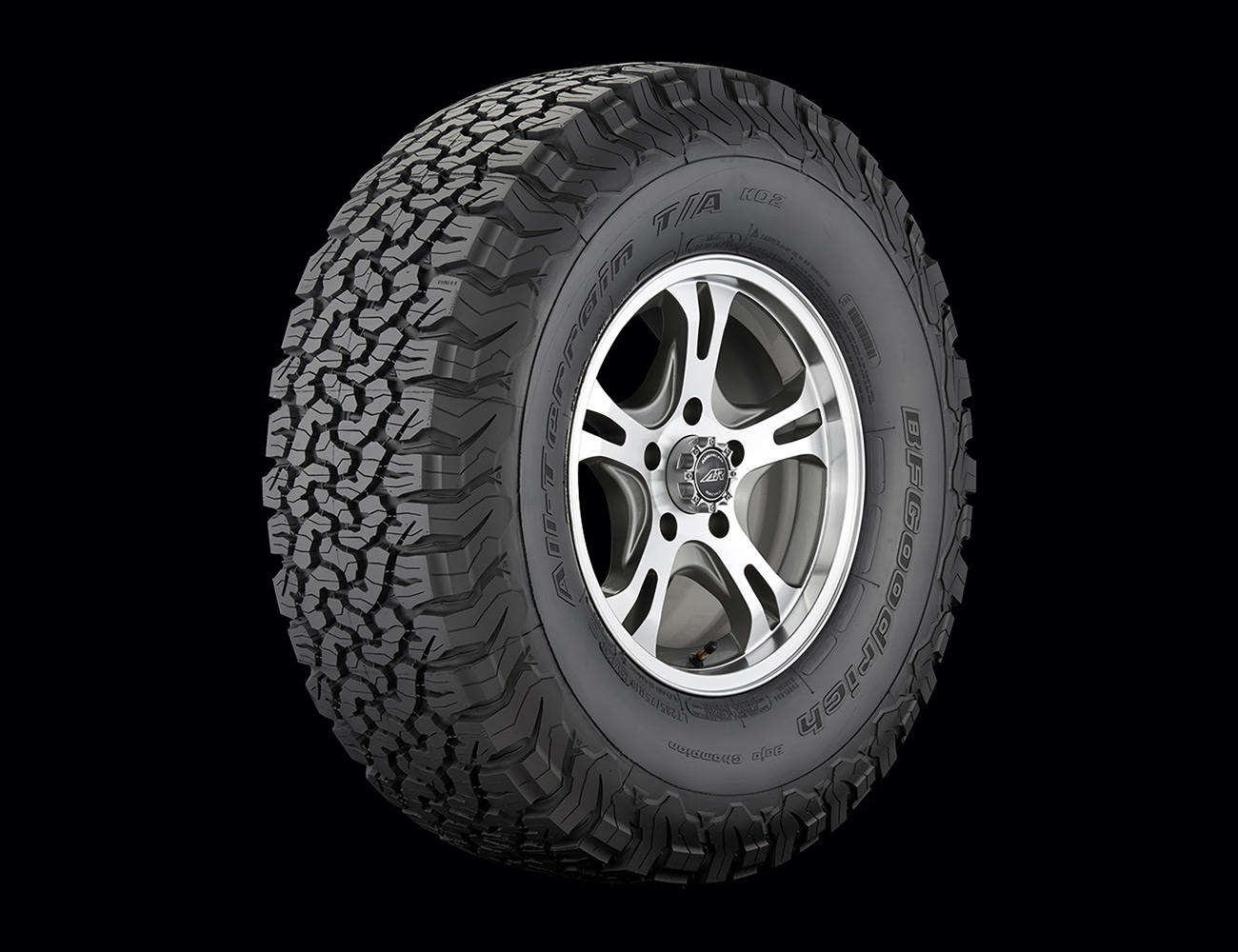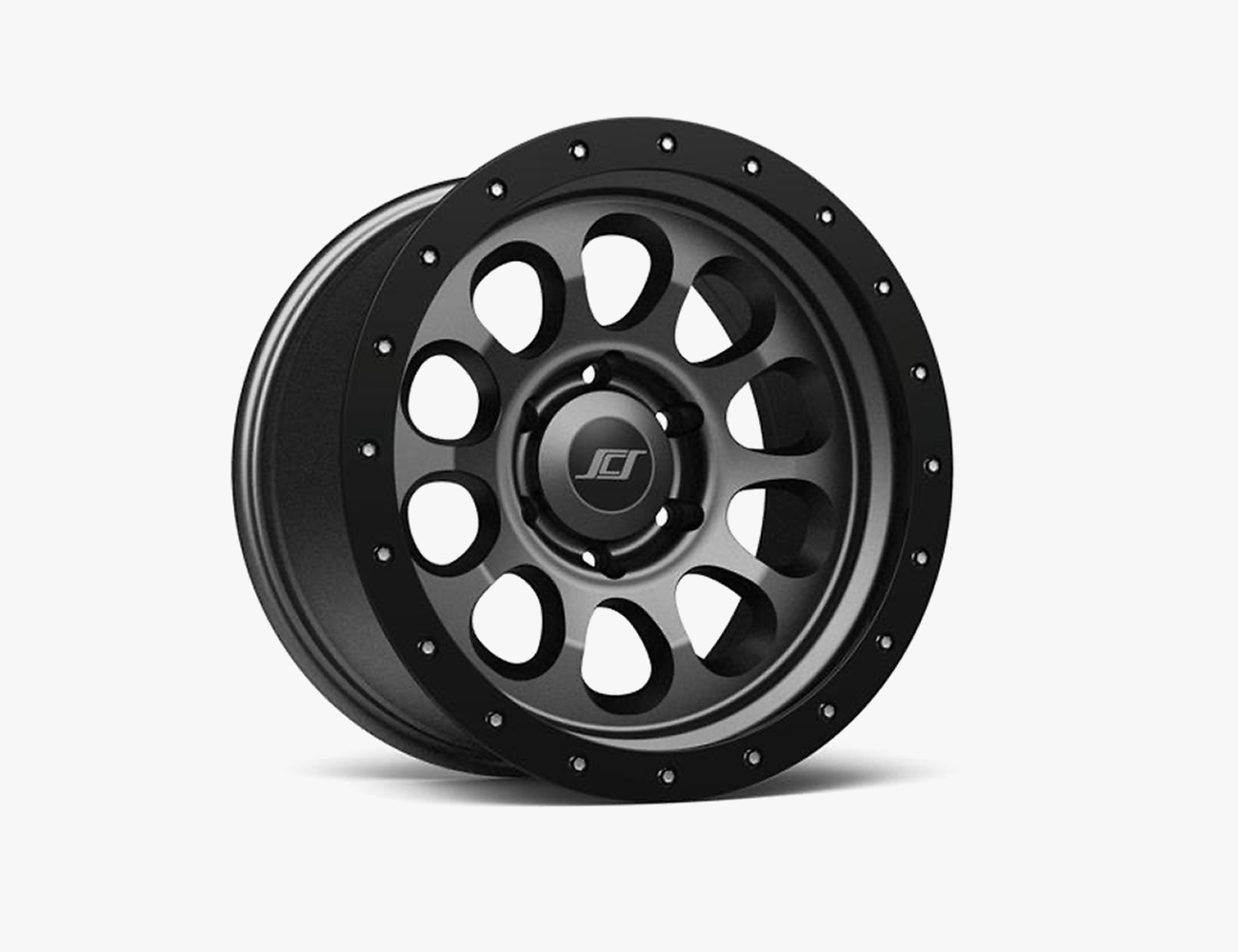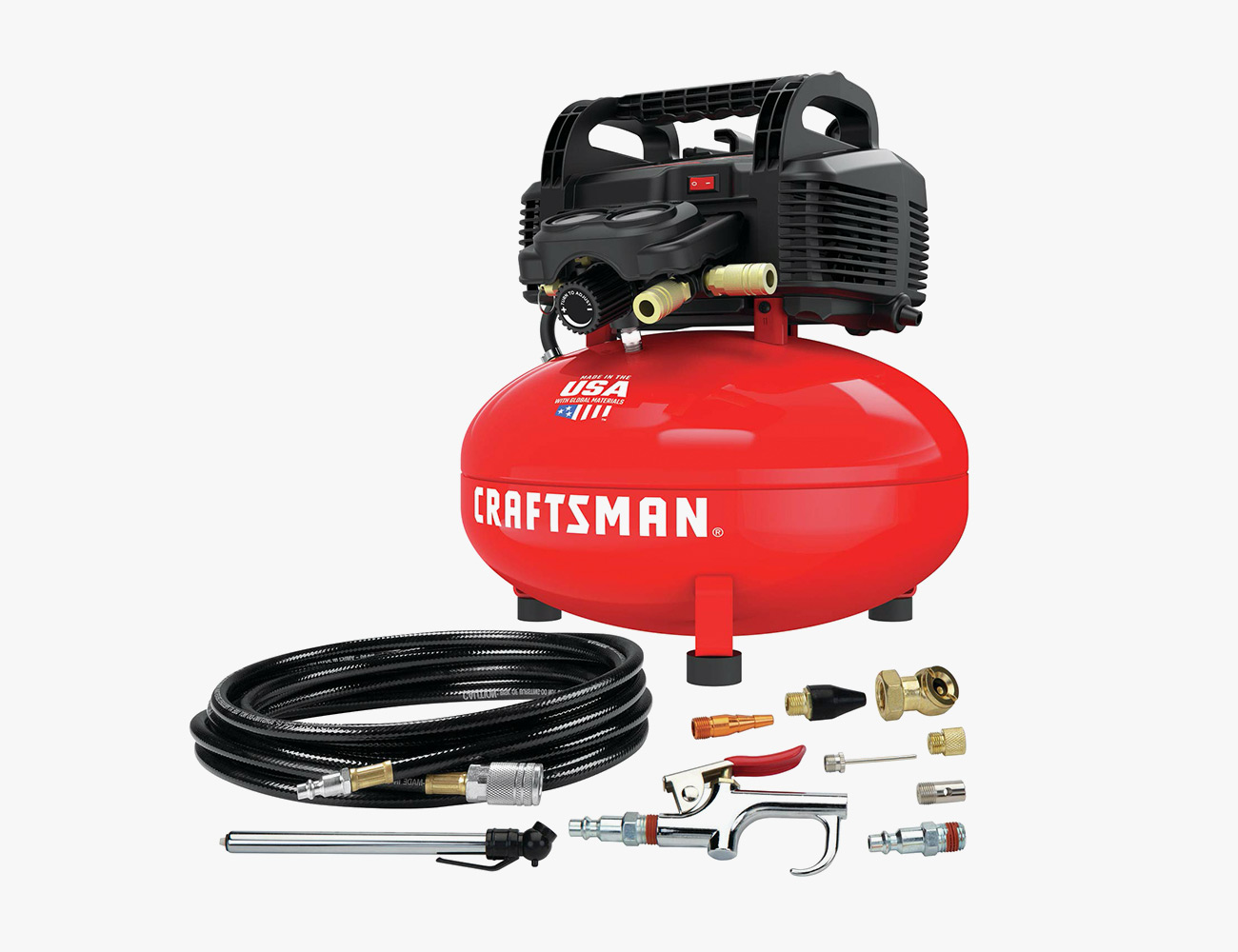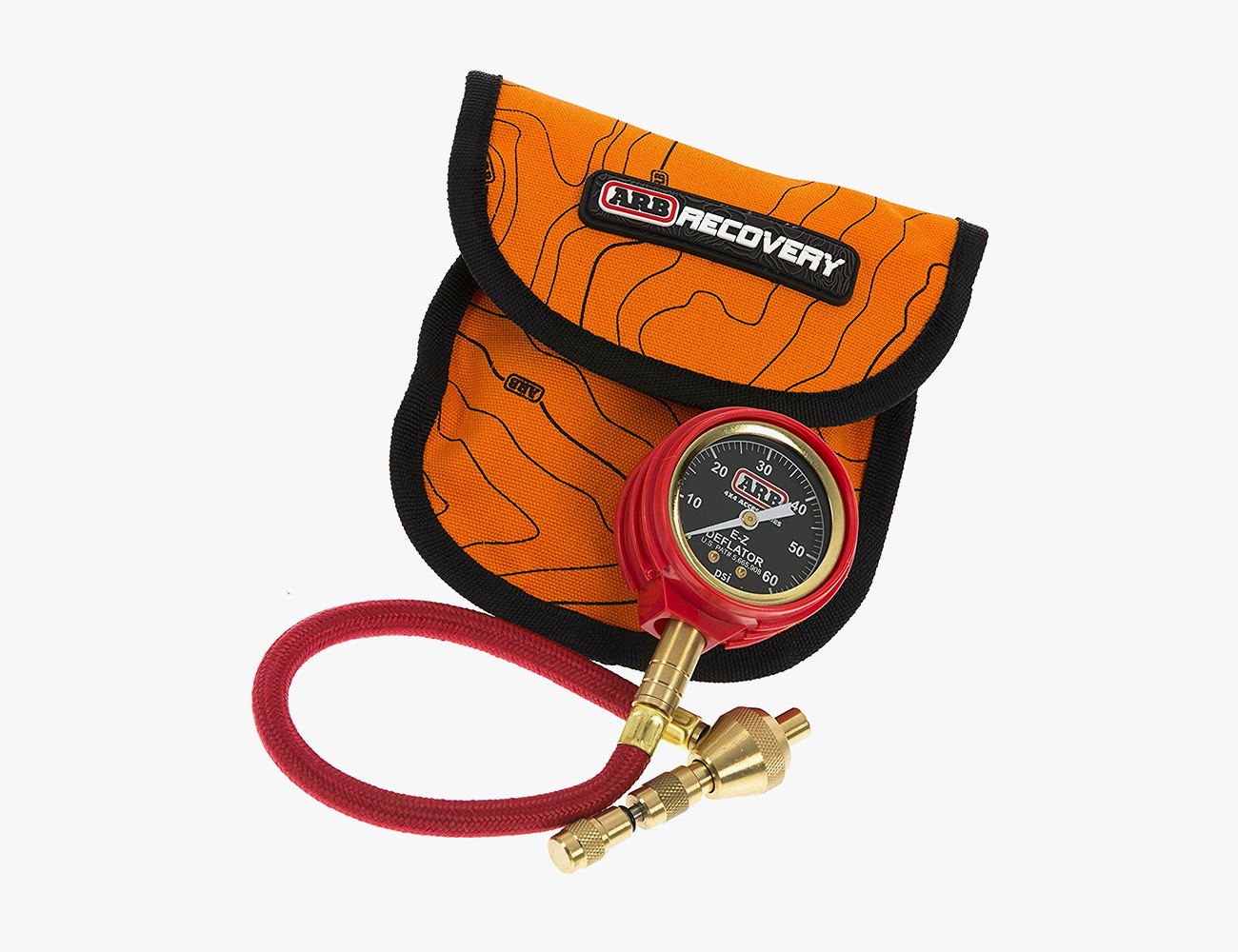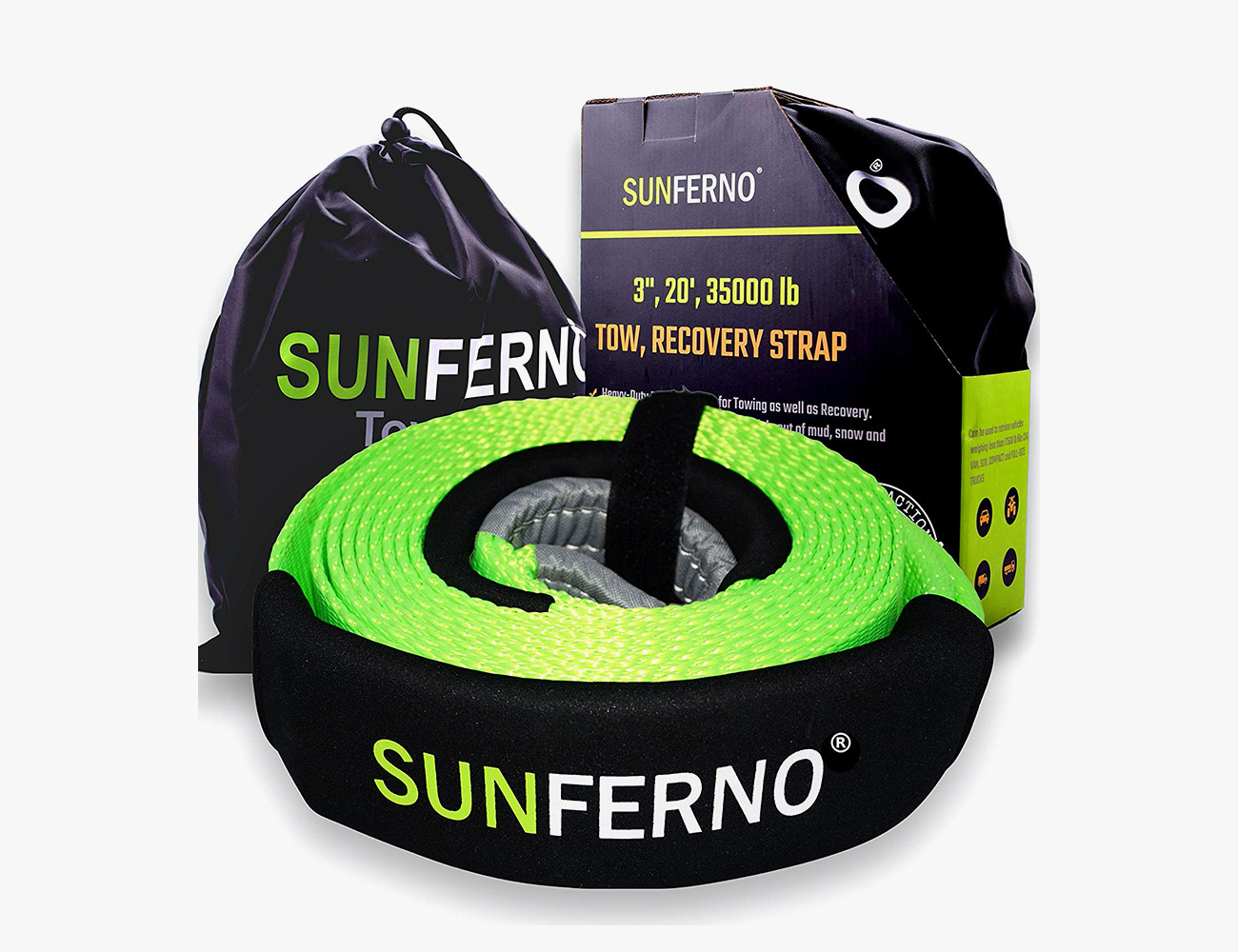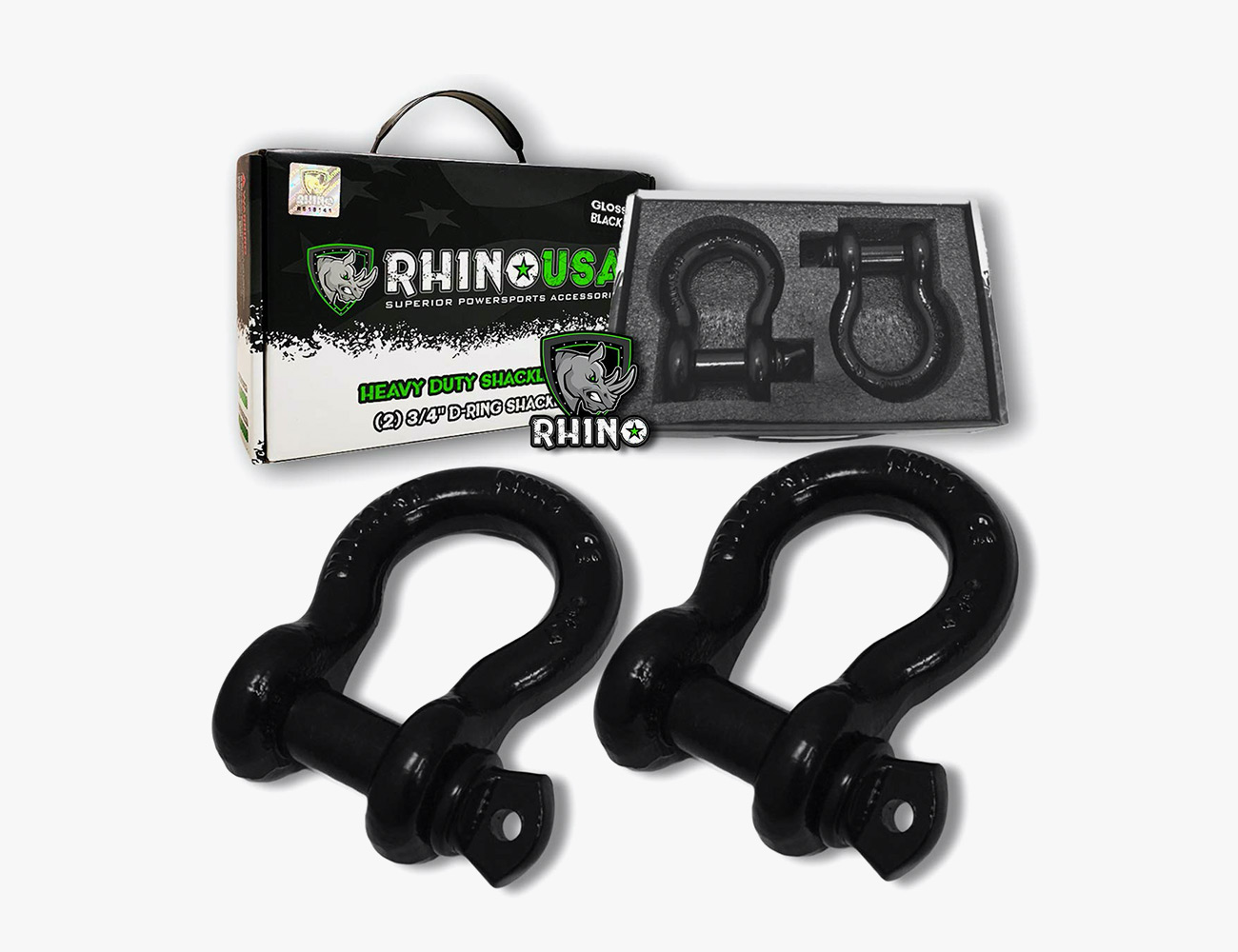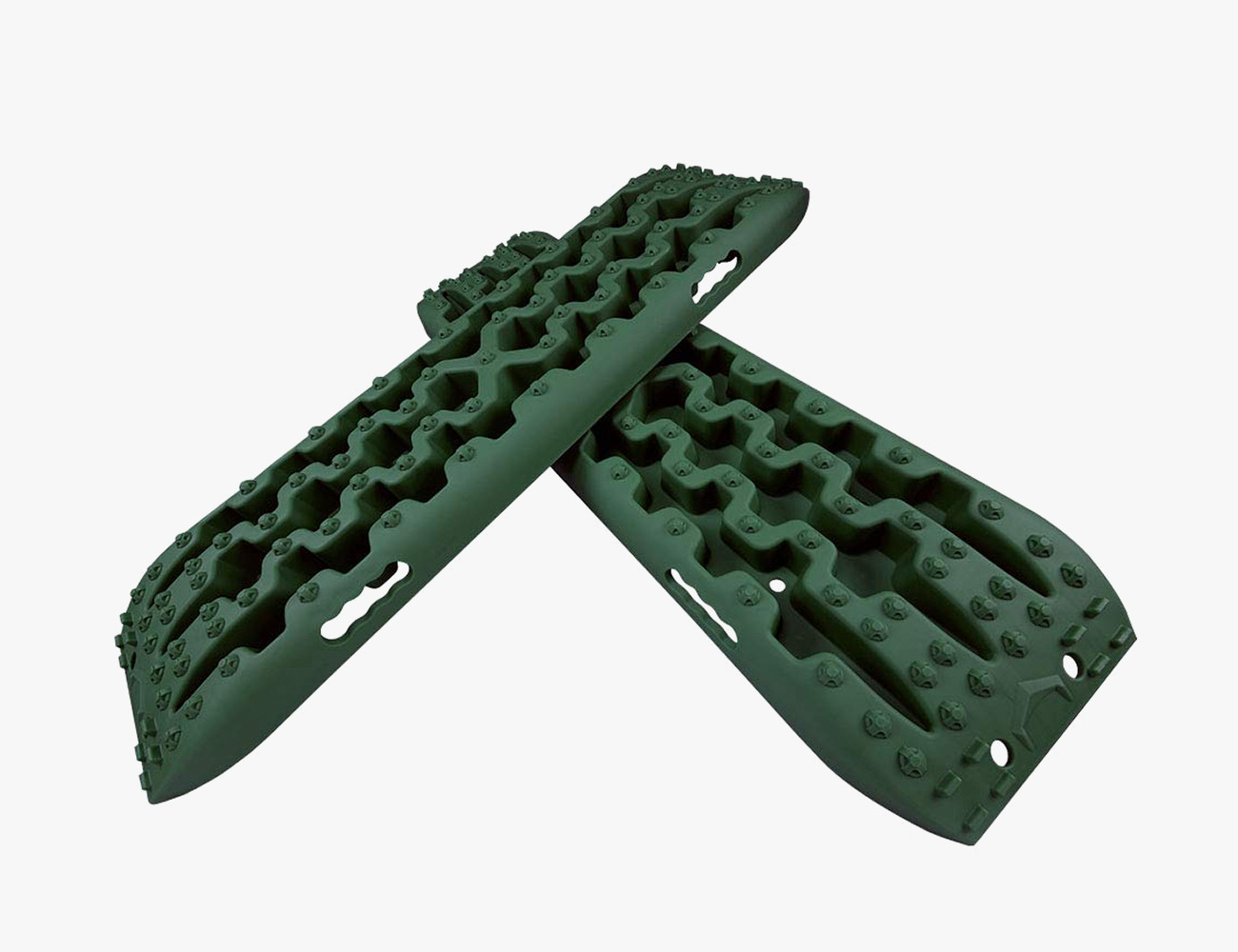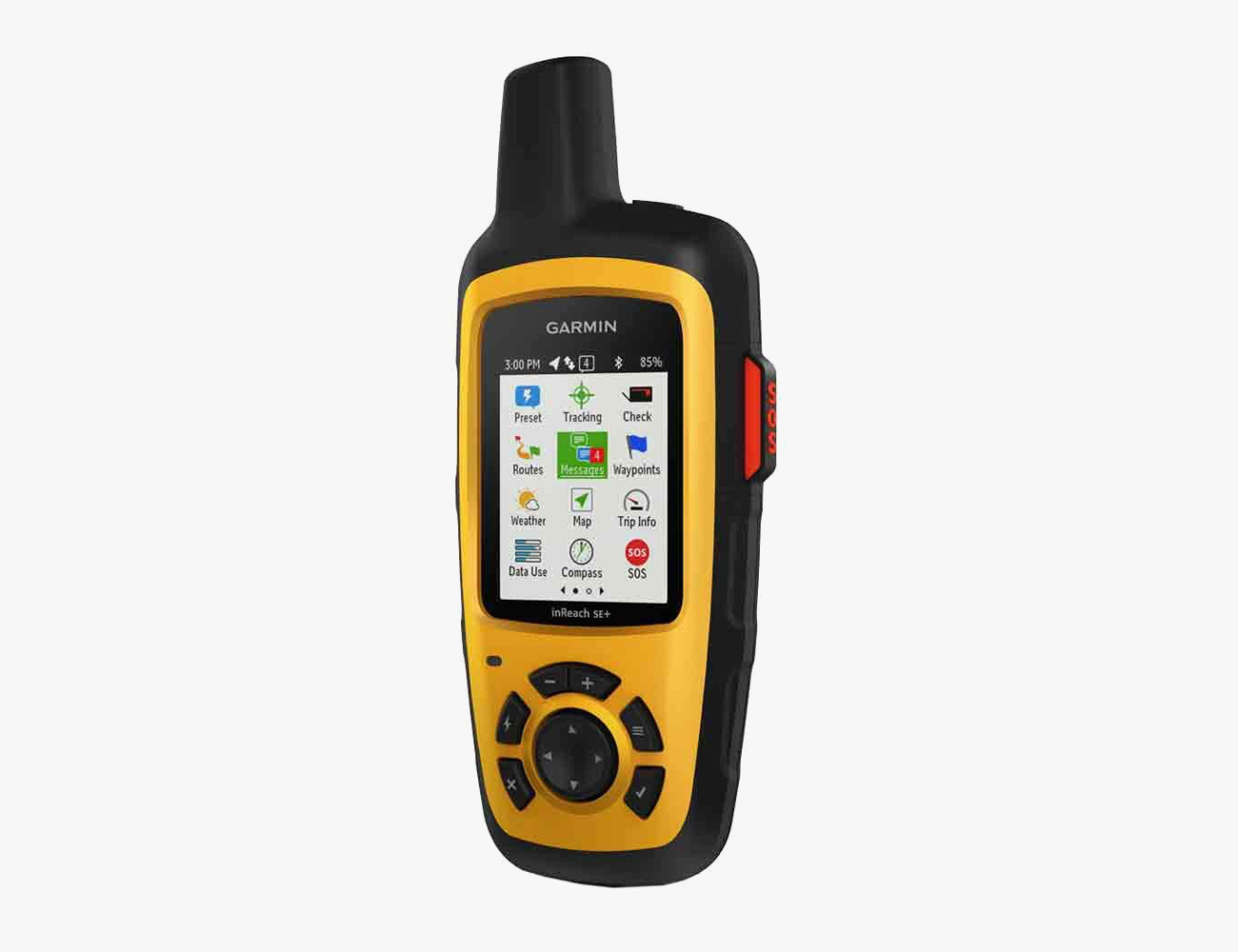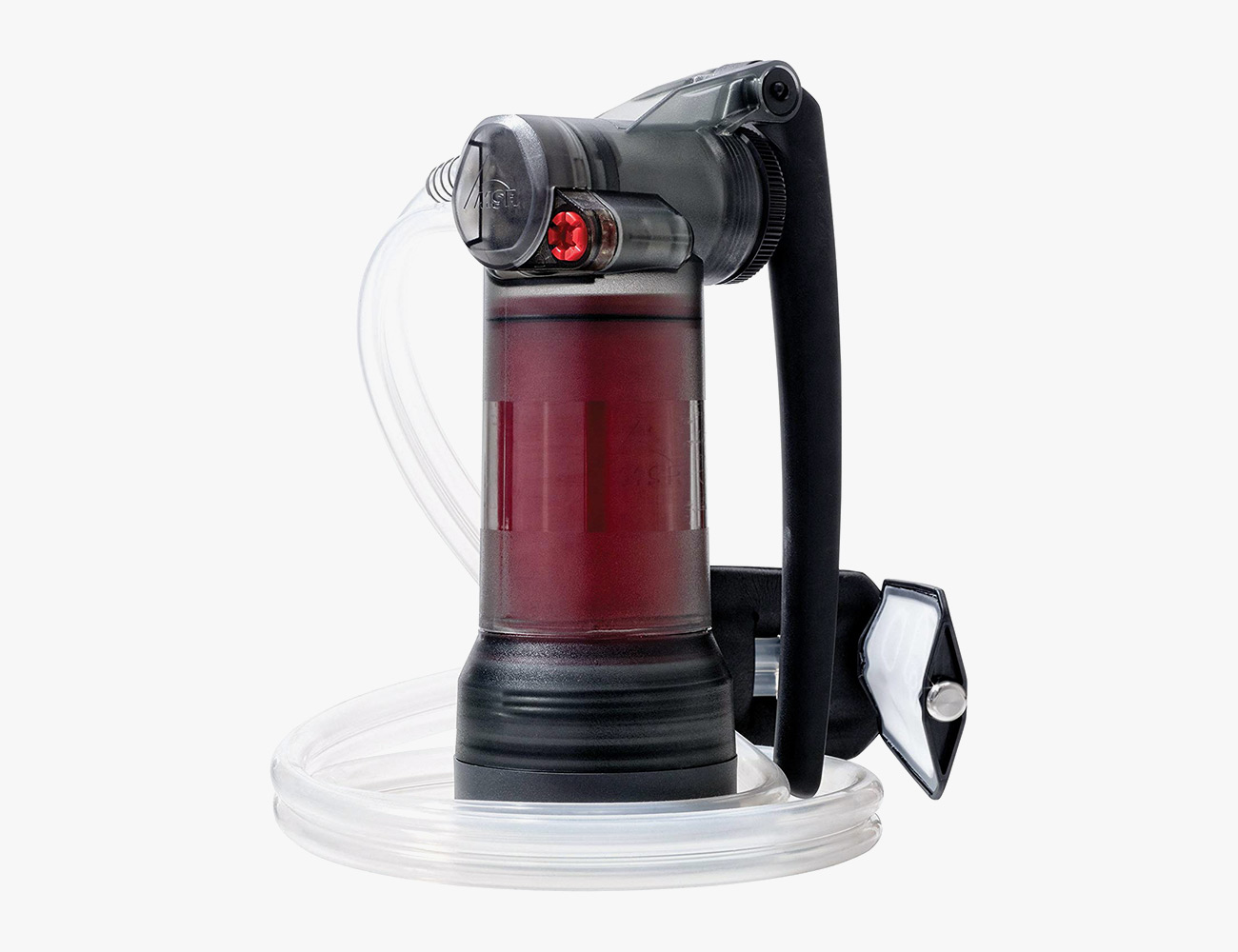Few experiences evoke thoughts of Jack Kerouac more than driving dirt roads with no destination in mind. Sure, the days of endless romantic Western road trips may be in your rearview, but the feeling of freedom that comes with kicking up dust and driving towards far-off horizons lives on…at least, if you know how to find it.
The vast majority of our county is federal land, laiden with a maze of forest roads. These were usable only for high-clearance rigs and tolerable only for those okay with occasionally getting stuck. Growing up in rural Minnesota, it didn’t take long for me and my friends to figure out that the further we went into the maze, the fewer rules existed. In those years between getting a driver’s license and leaving high school, freedom is at a premium — and driving dirt was our way to chase it.
I was hooked on that feeling — and suppose I still am. Today, I live full-time in my 2015 Toyota Tacoma. A few months ago, I passed my four-year anniversary of the 4×4 life. I make a living as a freelance writer, and moonlight as white-knuckled offroader. It’s just me and my dog, Bea, the open road…and a lot of gas station coffee.
With no storage unit or boxes stashed in my parents’ garage, I limit myself to what I can fit in the truck — and therefore prioritize durability and versatility over everything else. In the last four years, I’ve driven thousands of miles on old, muddy, rocky, rooty, snowy, and windy dirt roads, chasing the feeling of freedom. I’ve learned a lot in the process — primarily how to avoid getting into a pickle, as well as how to get out of them.
Whether you want to follow my tracks and live out of your truck or just get started off-roading on weekends, here are a few helpful hints and pieces of gear I recommend.
Tires & Wheels
Stock four-wheel drive vehicles are capable of more than most people expect, but they do have a common weak spot: tires. The first and most critical upgrade to any offroad vehicle is more durable, higher-traction rubber.
After testing a half dozen tires, I’m a devout believer in the K02 All-Terrain Tires by BF Goodrich. They’ve long been the gold standard of the industry, and make a huge difference on dirt and snow. I pair them with Ray 10 Wheels from SCS for a reliable adventure setup.
BF Goodrich K02 All-Terrain Tires
Stealth Custom Series Ray 10 Wheels
Added Traction
If you plan to go further in mixed conditions like loose sand, scree or mud, you’ll want a tire deflator and air compressor, which enable you to change your tire pressure according to terrain, temperature, and conditions. This formula takes time to learn, but the general rule of thumb is that decreasing your tire pressure gives you more surface area, and therefore more traction. There are some exceptions and downsides to lowering tire pressure.
Craftsman Air Compressor
ARB E-Z Deflator Kit
Recovery Tools
Regardless of your skills and knowledge, you will undoubtedly get stuck at some unlucky moment. The inevitability of this is, well, nearly certain. When you do, you’ll want a plan to get yourself out that doesn’t require calling a tow and a dent in your bank account.
I’d recommend starting with the basic recovery tools: a durable tow strap (and D-rings), a jack, traction devices, and a shovel good for mud, rocks, and snow. It’s always smart to go offroading with another vehicle and at least one other person and these tools enable them to help get you unstuck.
For those looking to go one step further, a winch mounted onto the front of your truck is a useful tool to get yourself (or others) out of harm’s way. I prefer the Evo 10S from Warn as the longest-lasting, most reliable option.
Sunferno Ultimate Tow Recovery Strap
Rhino D-Ring Shackles (2-pack)
Hi-Lift Jack (60-inch)
X-Bull Recovery Tracks
Tyger Folding Shovel
Warn Evo 10-S Winch
Emergency Supplies
It’s also smart to keep a small box with some safety supplies in your truck. For me, this includes a Garmin InReach for GPS communication, an MSR Guardian water filter, full-size first aid kit, a Petzl headlamp with spare batteries, work gloves, jump starter, and two-way radios. For longer or overnight trips, I would recommend adding a sleeping bag, an extra warm layer, and for dense-forest roads, a small chainsaw to clear downed trees.
I also bring along spare water and gas in Rotopax jugs, and am diligent to check my coolant, windshield and oil before most trips, too.
Garmin inREACH SE+ Two-Way Satellite Communicator (Refurbished)
MSR Guardian Military-Grade Water Purifier Pump
Petzl Tactikka Headlamp
M2 Basics Premium First Aid Kit
Mechanix Utility Work Gloves
DBPower 18000-mAh Jump Starter
Midland 50-Channel Two-Way Radio (2-pack)
Patagonia 850 Down Sleeping Bag
WORX 16-Inch Chain Saw
Navigation
You can get amazingly far with just Google Maps, especially if you plan ahead and download important regions offline before you lose service. I often supplement with Gaia, the traditionally hiking-oriented app, for a backup set of maps.
But for those that plan to do consistent and more remote off-roading, there are a trio must-have apps: onX Offroad, Trail Forks, and iOverlander. OnX is a well known and respected resource in the hunting world that recently launched the most complete set of maps I’ve ever seen – again, important to download ahead of time. Trail Forks, the community-built mountain biking app is great for finding all kinds of trails. iOverlander is a crowd-sourced collection of free campsites, as well as water refills and other important locations.



